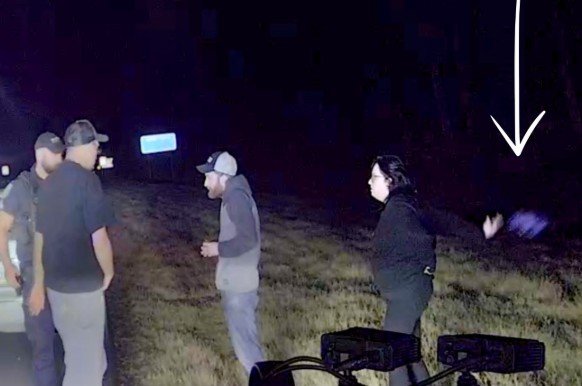Court Overturns First-Degree Burglary Conviction for Defendant, Citing Ineffective Counsel

The Georgia Supreme Court has reversed the first-degree burglary conviction of Alfred Moore after finding that both his trial and appellate counsel provided constitutionally ineffective assistance. Moore, who was convicted of first-degree burglary, two counts each of armed robbery, aggravated assault, false imprisonment, impersonating an officer, and possession of a firearm during the commission of a felony, filed a habeas petition claiming that his appellate counsel had been ineffective by failing to challenge his trial counsel’s failure to challenge the indictment on the burglary charge.
Moore’s conviction was initially affirmed on appeal, but the Court’s review of his habeas petition uncovered a crucial flaw in the indictment. The Court determined that the indictment for first-degree burglary was defective because it failed to include an essential element of the crime as required by Georgia law. Under OCGA § 16-7-1 (b), first-degree burglary requires that the defendant enter a “dwelling house of another” or a building “designed for use as the dwelling of another.” However, the indictment in Moore’s case only alleged that he entered a “business,” which, according to the Court, could only support a charge of second-degree burglary, not first-degree burglary.
The Court held that Moore’s trial counsel performed deficiently by failing to challenge this defect in the indictment. The Court found that this was not a reasonable trial tactic, as the statutory language requiring the inclusion of “dwelling house” or “dwelling” is clear and not difficult to discern. The failure to file a special demurrer, which would have pointed out the defect in the indictment, was deemed an error that no reasonably competent attorney would have overlooked.
The Court then assessed whether Moore’s trial counsel’s deficient performance prejudiced his case. The Court concluded that had counsel filed a timely special demurrer, the trial court would have granted it, and the State could have either re-indicted Moore with the correct charges or dropped the first-degree burglary charge altogether. The Warden, in this case, conceded that the indictment did not support a first-degree burglary charge and acknowledged that the evidence presented at trial would not satisfy the statutory requirements for first-degree burglary. The Warden further conceded that, had the issue been raised, it was likely that Moore would have been charged with second-degree burglary, which would have resulted in a different outcome for Moore’s case.
The Court accepted the Warden’s concessions and found that, due to the deficiency in trial counsel’s performance, Moore met his burden of proving that there was a reasonable probability the outcome of the trial would have been different had counsel raised the issue of the defective indictment. In addition, the Court determined that Moore’s appellate counsel was also deficient for failing to raise this meritorious issue on appeal. The Court reasoned that no competent appellate attorney would have overlooked such an obvious issue, and thus, Moore’s appellate counsel’s failure to assert the ineffective assistance of trial counsel claim also prejudiced Moore’s appeal.
As a result of these findings, the Court reversed the habeas court’s decision to deny relief and remanded the case to vacate Moore’s first-degree burglary conviction. The Court directed the habeas court to grant appropriate relief, including potentially reducing the charge to second-degree burglary or other appropriate remedies.






